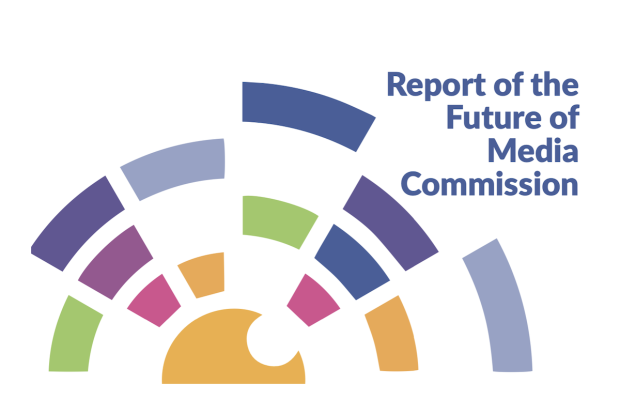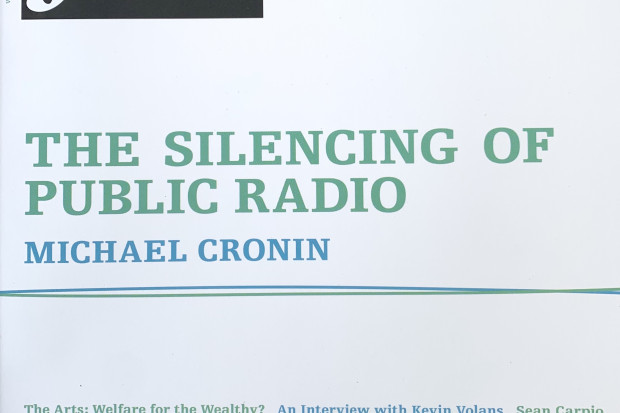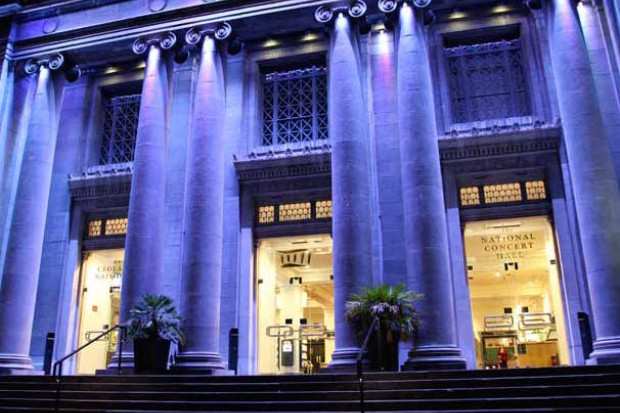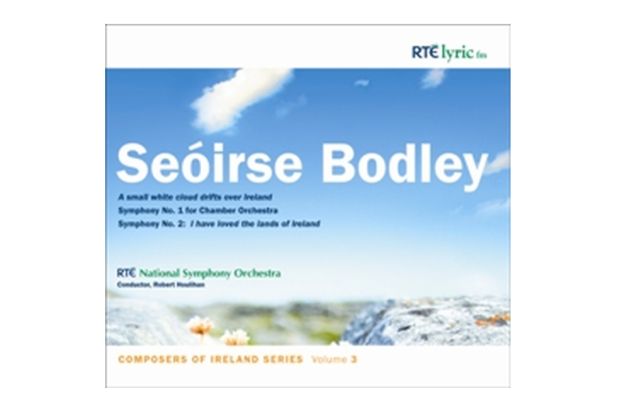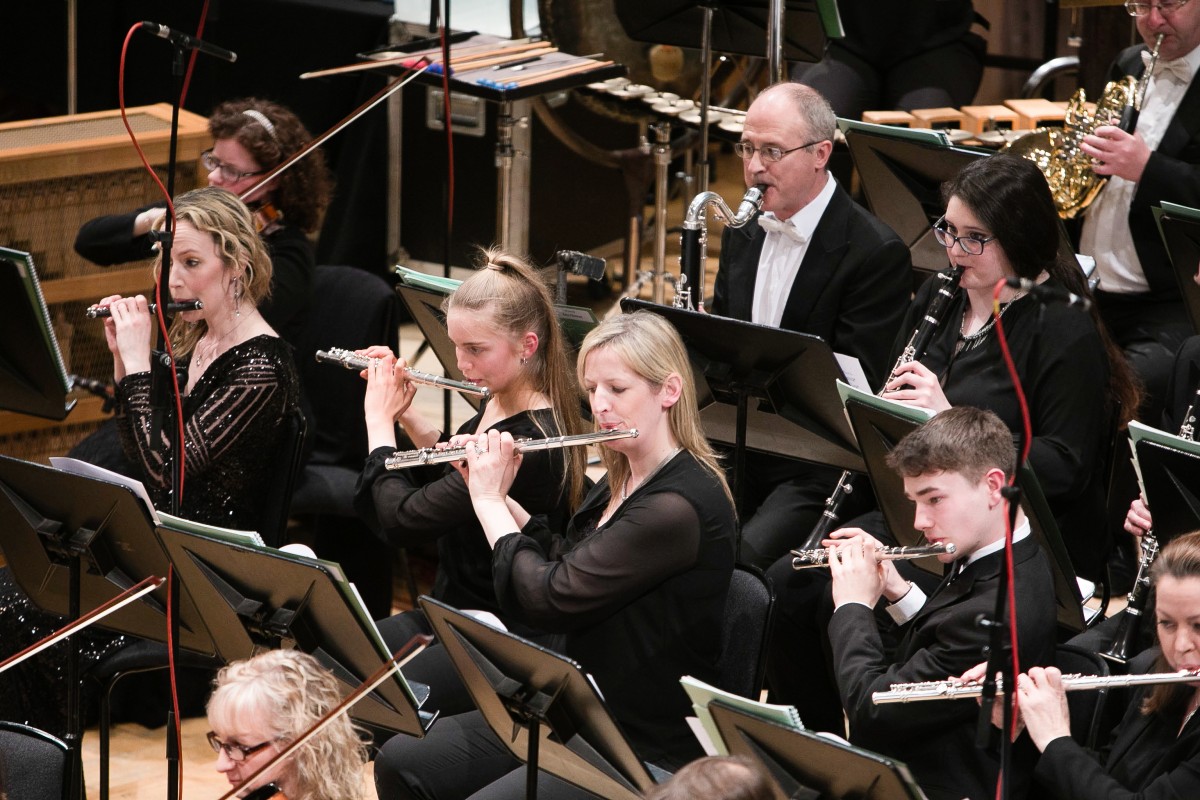
Strange Type of Orchestra Love
This week in The Journal of Music, we published an article detailing the wide range of issues revealed in a new report on Ireland’s two full-time orchestras – RTÉ Orchestras: Ensuring a Sustainable Future.
The day the report was published, the Government stated that it welcomed its main recommendation, which is that the RTÉ National Symphony Orchestra should become a cultural institution separate to RTÉ.
RTÉ, in turn, welcomed the acknowledgement that it was unrealistic for the public broadcaster to continue supporting two orchestras because of its financial difficulties.
Most of the media coverage has focussed on these two points.
What we have not heard is enough discussion of the issues that caused this recommendation. To be clear, a national orchestra is to be removed from the care of RTÉ because it has fallen into, in the report’s words, ‘an unsustainable position of stagnation, lacking the resources and strategic planning needed to effectively fulfil a public service role.’ The report adds: it is ‘hard to discern a strong and distinctive artistic vision for the orchestras.’
These are incredible criticisms, but where is RTÉ’s shame? The blithe response so far is that this has been ‘an important and valuable process… RTÉ’s orchestras have a singular place in Irish musical heritage and have nurtured, through performance and education, generations of world class musicians. The report confirms this view…’.
Cuts
It is true that RTÉ tried to protect the orchestras after the financial crash: the cuts applied (-1.3%) were less than those faced by other parts of the organisation, but this was because, according to the report, the only cut that could be made was musicians. The orchestras’ marketing budgets were already tiny.
But the organisational and financial decline of both orchestras – 16 vacancies, no full-time principal conductors, hardly any regional touring or educational work – in just a few years (2007–2016) – having survived almost six decades up that point (and they were hardly easy years for Ireland) – points at deeper issues.
In 2012, RTÉ launched the re-branding of its orchestras using the tagline ‘Love Your Orchestras’. The words have rung out on every radio advertisement for every performance since. It is a strange choice of words. Why do you need to tell a country to love their orchestras? In the orchestras report, the respect of the Irish public for the two orchestras is clear – a survey in December 2017 found that 70% believed that ‘it is important for the cultural life of Ireland that we have sustainable national orchestras’. Even people who have not heard them live – and there are many because of the decline in regional touring – believe that the orchestras should be supported.
But where was RTÉ’s love? After 70 years of music – a history that includes names such as Nachstern, Martinon, O’Grady, Paul, Ó Broin, Rosen, Smale, Pearce, Markson, Wood, Stutzmann and many more – one report says it’s time to lose an orchestra, and they hardly put up a fight.
Two weeks ago I went to see the RTÉ NSO in Galway. It was full – over one thousand people. The NSO was introduced as ‘our beloved’ orchestra and the audience spontaneously burst into applause. There was a good number of children, teenagers and twenty-somethings there too.
There were two ten-year-olds sitting in the front row. Every time the conductor David Brophy made a great gesture to the players, and the orchestra responded, the children whisked around and beamed at each other amazed. I imagine they will never forget the experience.
The Musicians’ Chair
As I watched, and thinking about the controversies over the orchestras in recent month, I thought that we needed to create a new orchestral position: The Musicians’ Chair, where a person responsible for funding these orchestras could sit. It could be somewhere near the conductor and the leader; the occupant would be able to look around and listen. They could see everything the musicians were doing, feel the music, watch the audience, experience the energy of the conductor – and they could see those ten-year-olds’ faces.
They would hardly need to commission an external review, or wonder about whether RTÉ needs two orchestras, or struggle to find the words to make the argument for music. They would know that some extraordinary feelings cannot be quantified, and that you need to integrate support for music into your plans come what may economically. Somehow, the idea of orchestras has been presented as something as separate, an extravagance that we cannot afford or do not need, and RTÉ has allowed that. We need a vision for music in Ireland that is much more robust – and embraces all of these creative aspects.
Download the full report below.
Published on 26 April 2018
Toner Quinn is Editor of the Journal of Music. His new book, What Ireland Can Teach the World About Music, is available here. Toner will be giving a lecture exploring some of the ideas in the book on Saturday 11 May 2024 at 3pm at Farmleigh House in Dublin. For booking, visit https://bit.ly/3x2yCL8.













